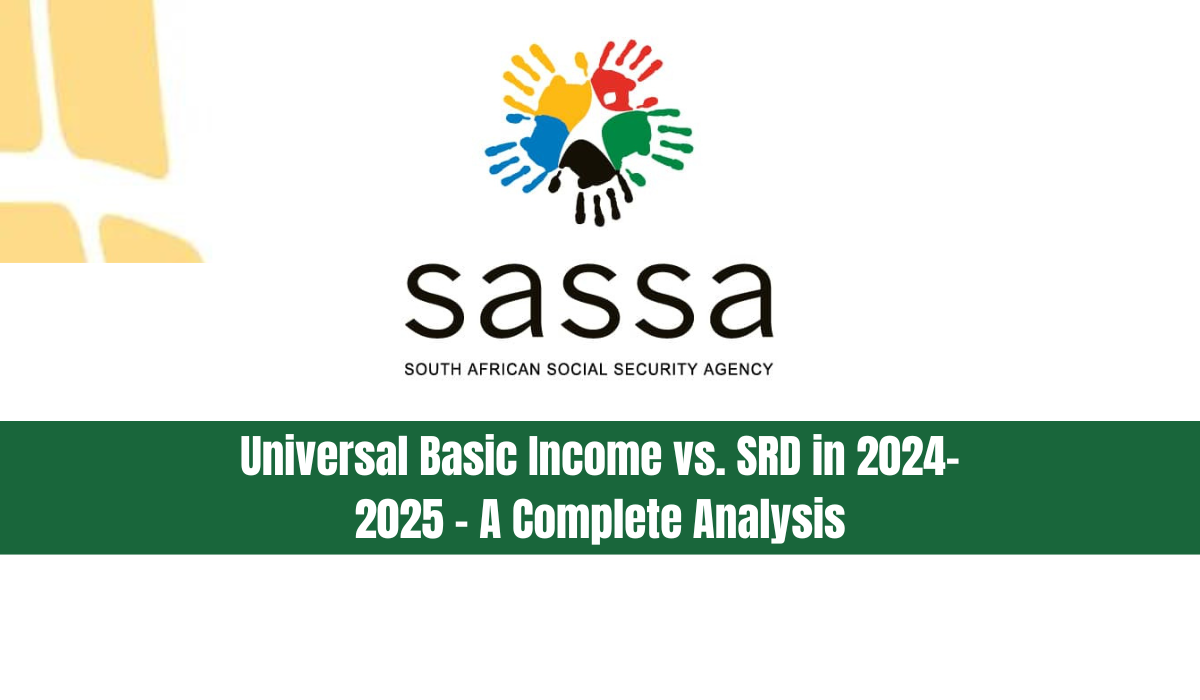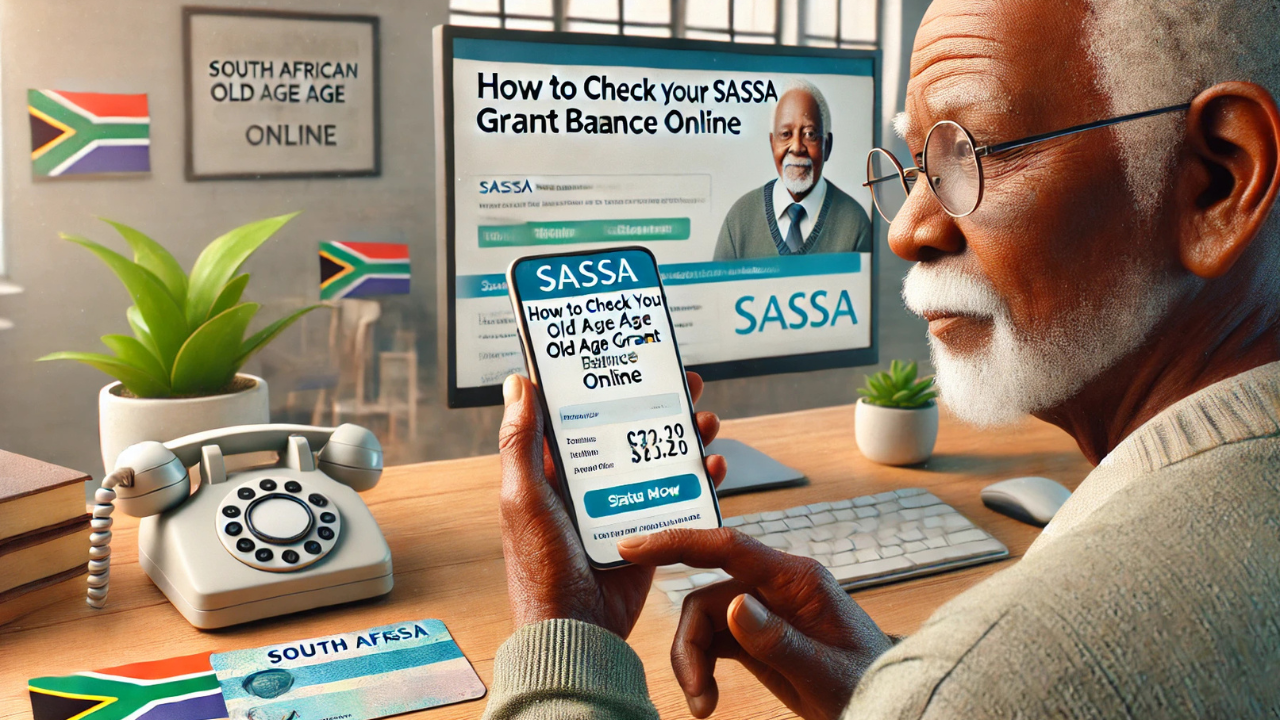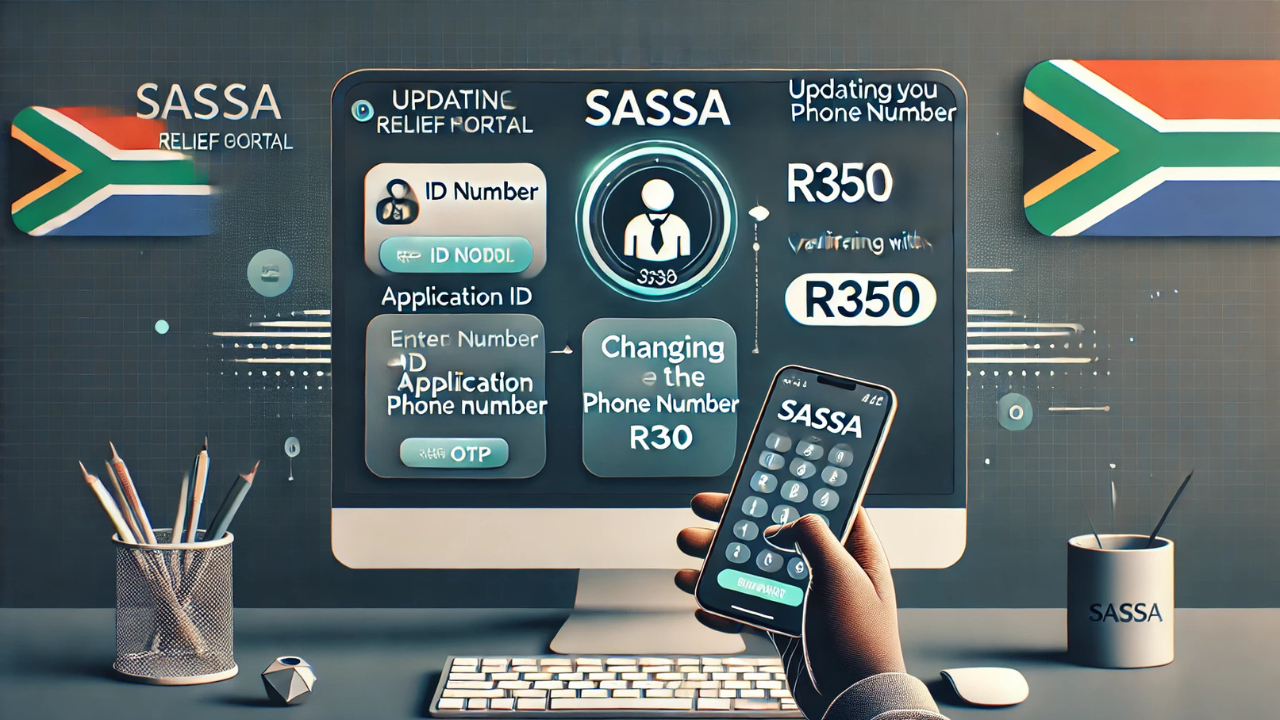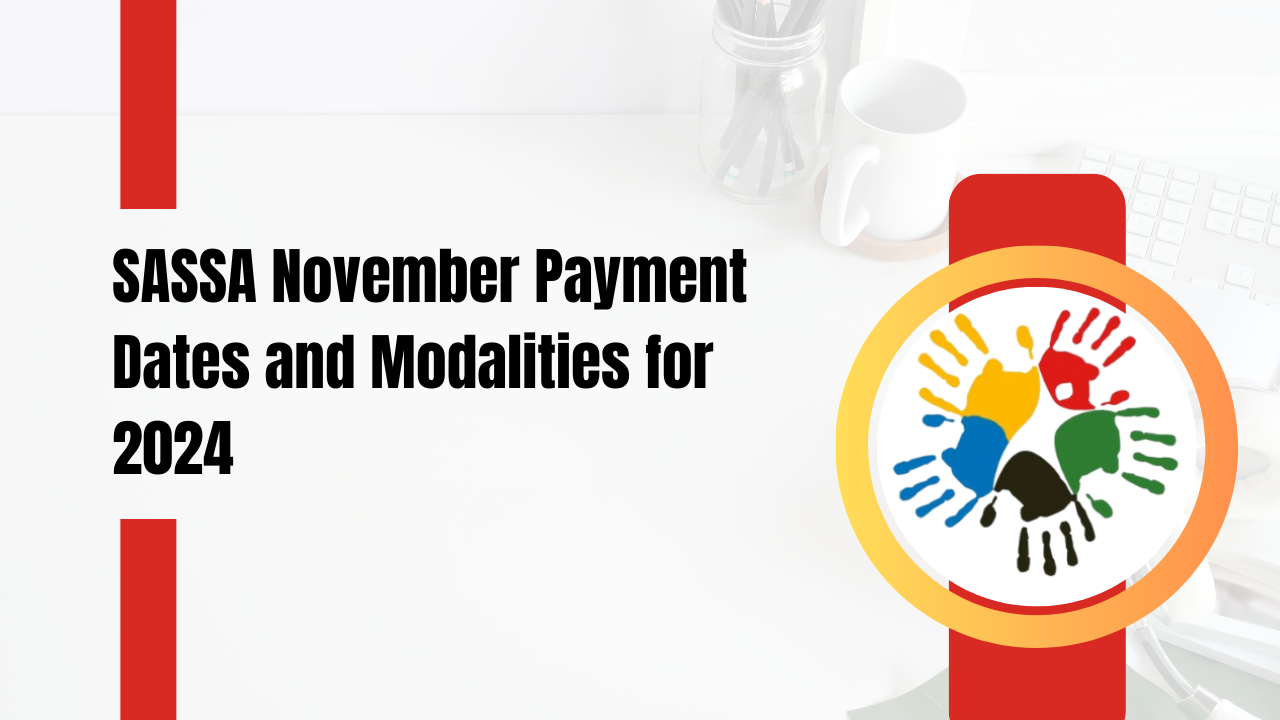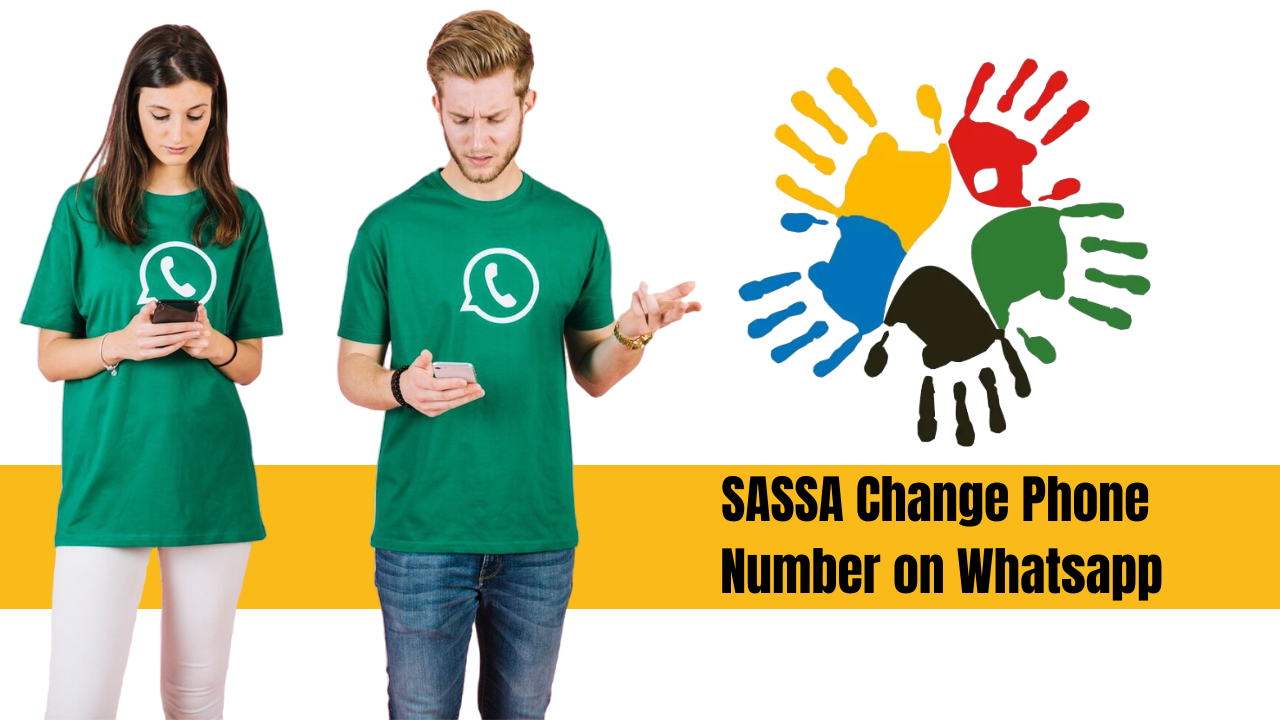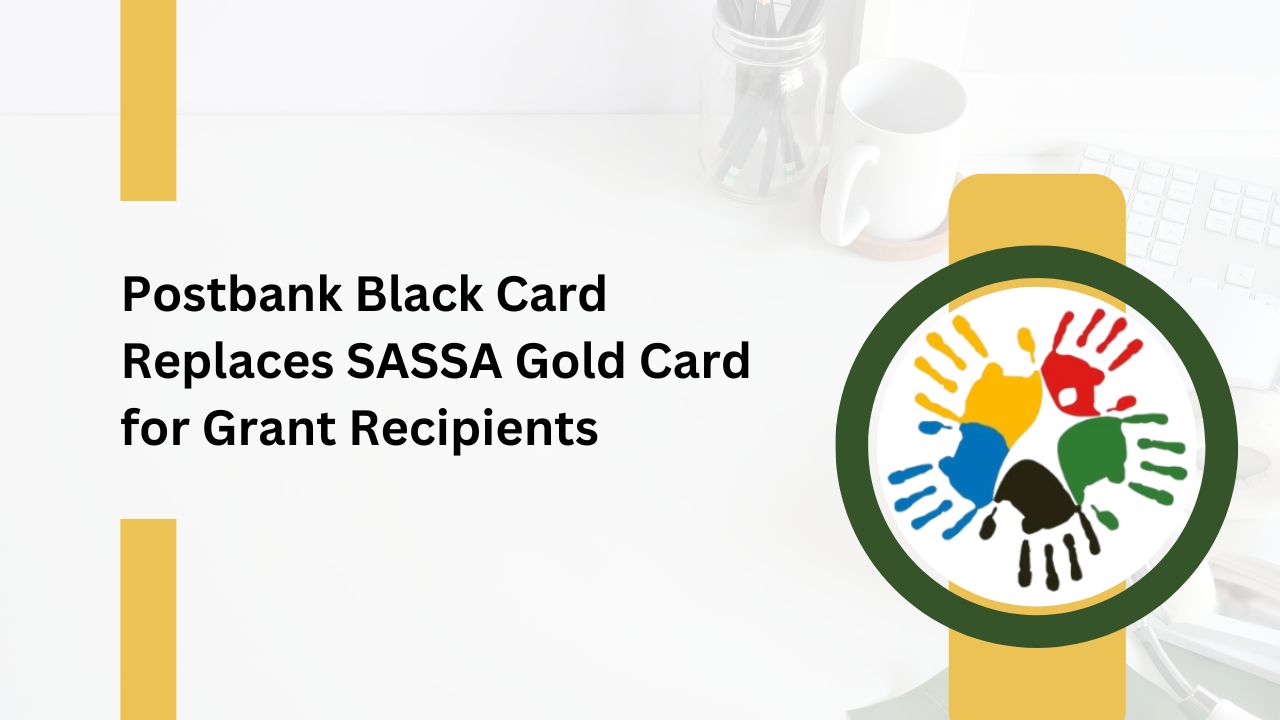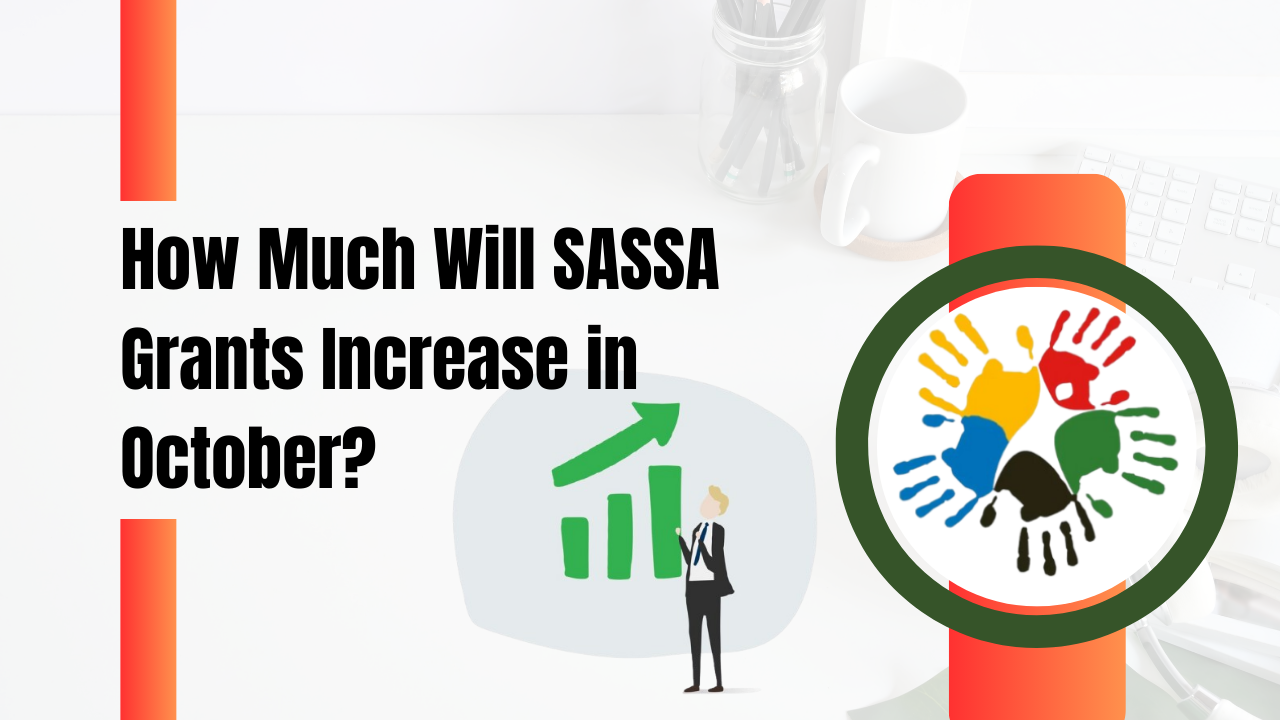Universal Basic Income vs. SRD in 2024-2025. South Africa is on the brink of a significant policy transformation with the anticipated launch of a Universal Basic Income (UBI) program in the fiscal year 2024-25. This initiative represents a major shift from the temporary financial aid measures introduced during the COVID-19 pandemic, known as the Social Relief of Distress (SRD) grant. Below, we explore the key differences between these two programs and what to expect from this new approach.
Universal Basic Income vs. SRD in 2024-2025
Introduced in 2020, the SRD grant was designed as a temporary relief measure to assist individuals who lost their jobs due to the pandemic. While this program aimed to provide urgent financial aid, it faced several challenges:
- Uncertainty in Continuation: Recipients were often unsure about the continuation of their benefits.
- Eligibility Limitations: Not all individuals in need received assistance.
- Proof of Need: Applicants had to continually prove their financial need to qualify.
The UBI Initiative
In contrast, the proposed UBI program, set to begin in 2024-25, aims to offer a more permanent and inclusive solution. Here’s a comparison of what each program offers:
| Aspect | SRD Grant | UBI Program |
|---|---|---|
| Who Receives Aid | Individuals aged 18-60 without employment who can prove need | All individuals aged 18-59, regardless of employment status or income |
| Eligibility Criteria | Ongoing proof of financial need required | No eligibility criteria; unconditional payments |
| Program Duration | Temporary, COVID-19 relief measure | Long-term, aimed at providing financial security |
| Purpose | Immediate relief for those in urgent need | Long-term poverty alleviation, economic support, and equality |
Comparative Insights
- Coverage and Inclusivity: The SRD grant was restricted to those demonstrating financial need, whereas the UBI program is designed to benefit all qualifying adults, aiming to reach a broader demographic.
- Program Longevity: SRD was a short-term solution, whereas UBI is intended as a sustainable long-term policy.
- Usage Flexibility: SRD funds had specific criteria for use, whereas UBI provides recipients with the freedom to use the funds as they see fit.
Key Considerations for UBI
While the UBI program presents a promising shift, there are several factors to consider:
- Funding and Sustainability: The government is still finalizing the financial aspects, including the exact monthly amount, projected between R800 and R1200. Ensuring the sustainability of UBI funding is crucial for its success.
- Impact on Existing Programs: UBI may replace the SRD grant and could potentially supplement other programs like the Child Support Grant and Old Age Pension.
- Potential Challenges: Concerns about UBI include the possibility of reduced work incentives and the need for an efficient management system.
The Road Ahead
The introduction of UBI in South Africa could serve as a transformative step towards reducing poverty and economic inequality. If implemented successfully, it may become a model for other nations grappling with similar issues. Observers worldwide will be keenly watching how South Africa navigates the implementation challenges and reaps the benefits of this ambitious policy.
Conclusion
While the transition from the SRD grant to UBI represents a significant policy shift, it holds the potential to foster greater financial stability and equality in South Africa. The effectiveness of this program will depend on careful planning and execution, with a focus on sustainability and inclusivity.
Read Also:
- UNISA Postgraduate Bursary Application 2024-2025
- UNISA Application Fee Banking Details
- What Documents are Required for UNISA?
- UNISA PGCE Application 2024 Closing Date
- Here Some Changes In Old Age Pension Grant Payment Date for July 2024
- Can I Accept 2 Offers At UNISA?
- UNISA Undergraduate Meaning
- What Does a UNISA Mylife Email Look Like?
